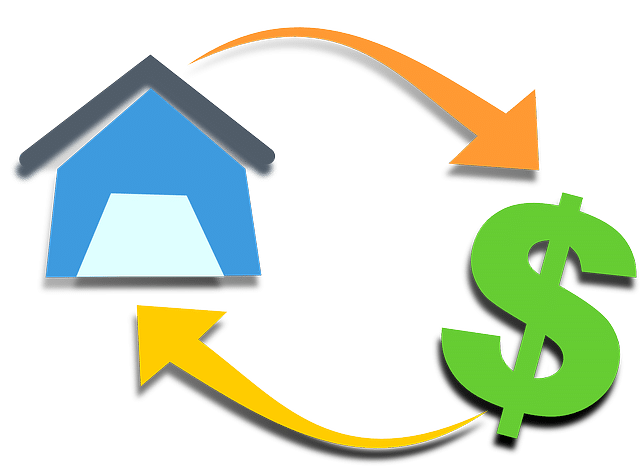

Updated on April 12, 2022
What is Mortgage Amortization?
There are many complexities involved in a reverse mortgage. Therefore, it is crucial to consult with an attorney prior to entering into such a contract. Our real estate mortgage attorney in Los Angeles at Schorr Law will be happy to assist you with determining whether a reverse mortgage is the right choice for you.
Assumption Financing on a Pre-Existing Loan